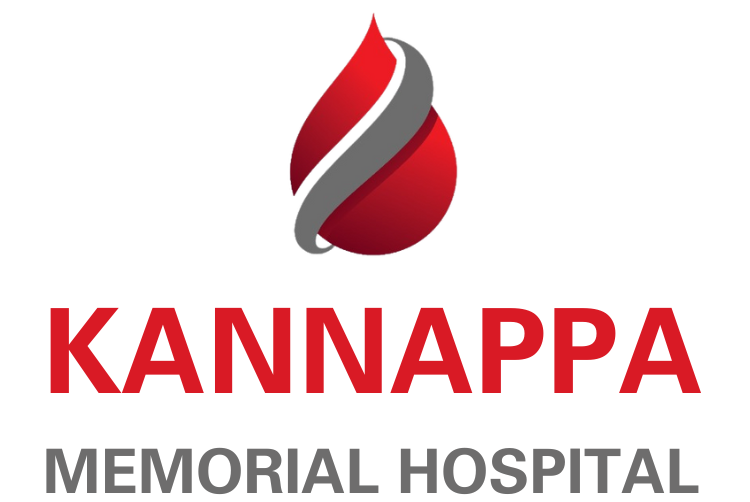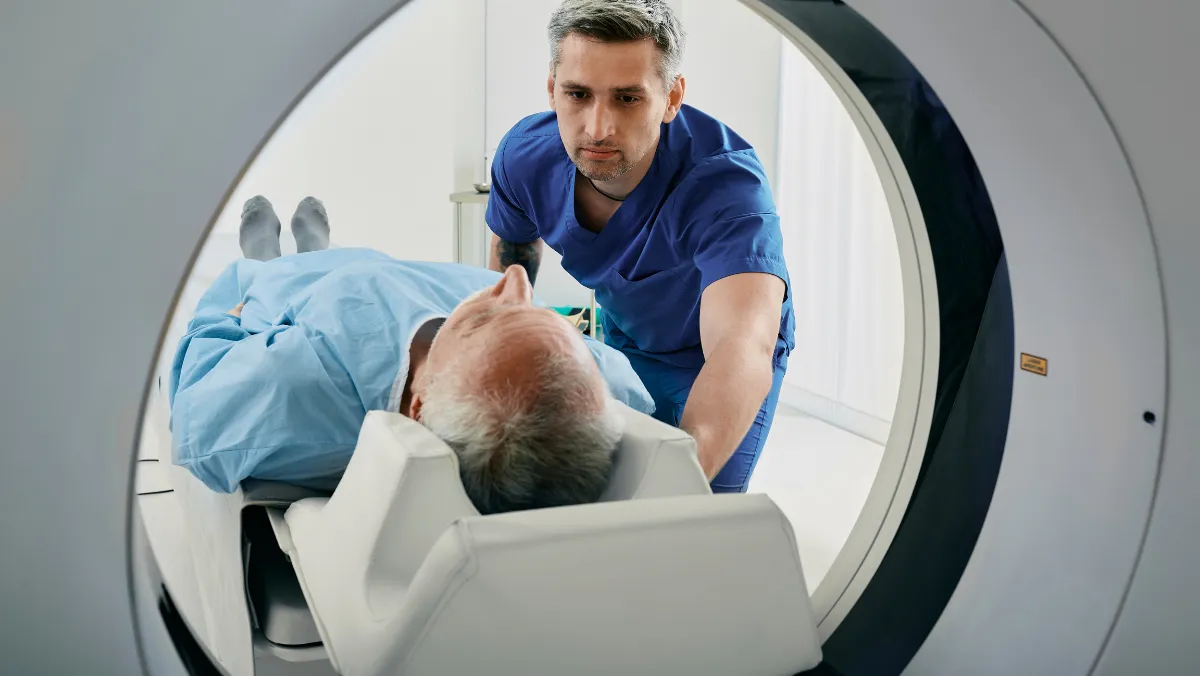A CT (Computed Tomography) scan of the kidney is a non-invasive imaging technique that produces detailed cross-sectional images to help diagnose various kidney-related conditions. It is especially useful for detecting kidney stones, infections, cysts, tumors, trauma, and abnormalities in kidney structure. At https://kannappamemorialhospital.com/wp-content/uploads/2024/12/cropped-Every-Step-of-Aging-with-Grace-We-Care-for-You.webp, kidney CT scans are vital in early detection, treatment planning, and ongoing management—particularly for patients undergoing dialysis.
What is a Kidney CT Scan?
A CT (Computed Tomography) scan of the kidney is a non-invasive imaging test that produces detailed cross-sectional images of the kidneys and nearby structures. It helps detect kidney stones, infections, cysts, tumors, injuries, and structural abnormalities. This diagnostic tool is essential in early detection and treatment planning, especially for dialysis patients.
Why is it Done?
Doctors recommend a kidney CT scan for various reasons, including:
- Persistent flank or abdominal pain
- Blood in urine (hematuria)
- Suspected kidney infections or masses
- Evaluation of cystic diseases like polycystic kidney disease
- Preoperative assessment or post-trauma evaluation
The scan provides accurate, 3D imaging, sometimes enhanced with contrast dye to highlight blood vessels and kidney tissues more clearly.
Risks Involved
While generally safe, kidney CT scans involve certain risks:
- Radiation exposure (minimal but cumulative over time)
- Contrast-induced nephropathy, especially in patients with poor kidney function
- Allergic reactions to the contrast dye
- Complications in dialysis patients if contrast is not cleared effectively
At https://kannappamemorialhospital.com/wp-content/uploads/2024/12/cropped-Every-Step-of-Aging-with-Grace-We-Care-for-You.webp, we assess kidney function before the scan, use low-dose radiation protocols, and coordinate closely with dialysis timing if needed.
The Procedure
The scan takes about 20–30 minutes. Patients lie on a motorized table that moves through the scanner. If contrast dye is needed, it is administered via IV. Patients may be asked to hold their breath briefly to improve image quality.
Expert Imaging at https://kannappamemorialhospital.com/wp-content/uploads/2024/12/cropped-Every-Step-of-Aging-with-Grace-We-Care-for-You.webp
https://kannappamemorialhospital.com/wp-content/uploads/2024/12/cropped-Every-Step-of-Aging-with-Grace-We-Care-for-You.webp prioritizes patient safety, comfort, and diagnostic accuracy. With advanced imaging equipment and an experienced team, we provide high-quality kidney CT scans that support effective treatment decisions and improved kidney health outcomes.


